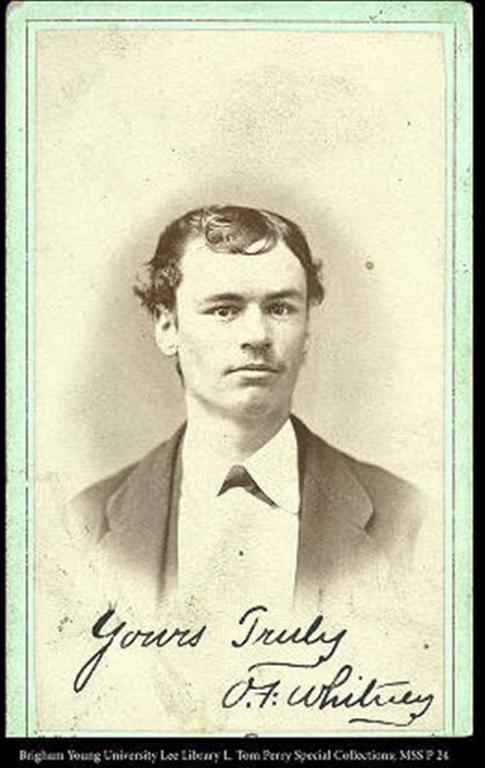
Two new items went up on the website of the Interpreter Foundation today:
“Spiritual Anxiety,” with Debra Theobald McClendon
About the Interview: In this episode of Latter-day Saint Perspectives, Laura Harris Hales interviews licensed psychologist, Debra Theobald McClendon, PhD. Anxiety is a normal emotion with adaptive functions that provides us with important data. For example, anxiety anticipates future danger and notifies us of risk, prepares us for action, and heightens our senses. These responses help us to focus on what we need to do in particular situations. Anxiety prior to completing a task may be an indication that you need to work to build proficiency to match the demand of the moment, so it has positive benefits on performance at a moderate level.
But as anxiety continues to increase to higher levels, performance proficiency decreases significantly until you shut down and are unable to cope. Difficulty managing anxiety in a healthy way can severely impair our quality of life. Neal A. Maxwell clarified: “There is a difference, therefore, between being ‘anxiously engaged’ and being ‘over-anxious.’”
Dr. McClendon indicates that although anxiety is normal, more serious problems develop when anxiety feels chronic, unmanageable, overwhelming, and/or interferes with your daily activities. There may be times when outside support or even psychological treatment is recommended to regulate anxiety. Formal psychotherapy treatment for anxiety is effective and is relatively short-term.
Dr. McClendon also introduces the concept of scrupulosity, a disorder otherwise known as religious OCD. Obsessive compulsive disorder (OCD) is characterized by particular obsessions that create a significant amount of anxiety followed by compulsions, mental or physical actions done in an effort to neutralize the anxiety. This generates high-intensity anxiety and an inability to extricate oneself from the compulsive cycle. The content of OCD varies, such as concerns over contamination, symmetry, or order.
For some, the content takes on religious themes, with such concerns about sinning or confessing “properly.” This can make it difficult for those with scrupulosity to discern the nature of the problem; they may believe their problem is spiritual, but in reality, they are trapped by poorly-regulated, very high anxiety.
Martin Luther, catalyst of the 16th-century Protestant Reformation, is believed to have suffered from scrupulosity. He wearied his ecclesiastical leaders with repeated confessions. Martin Luther “confessed frequently, often daily, and for as long as six hours on a single occasion.” (Bainton, Here I stand, 35).
Additional resources can be found in Dr. McClendon’s Ensign articles:
“Understanding Scrupulosity (Religious OCD)”
“Discerning Your Feelings: Anxiety or the Spirit?”












